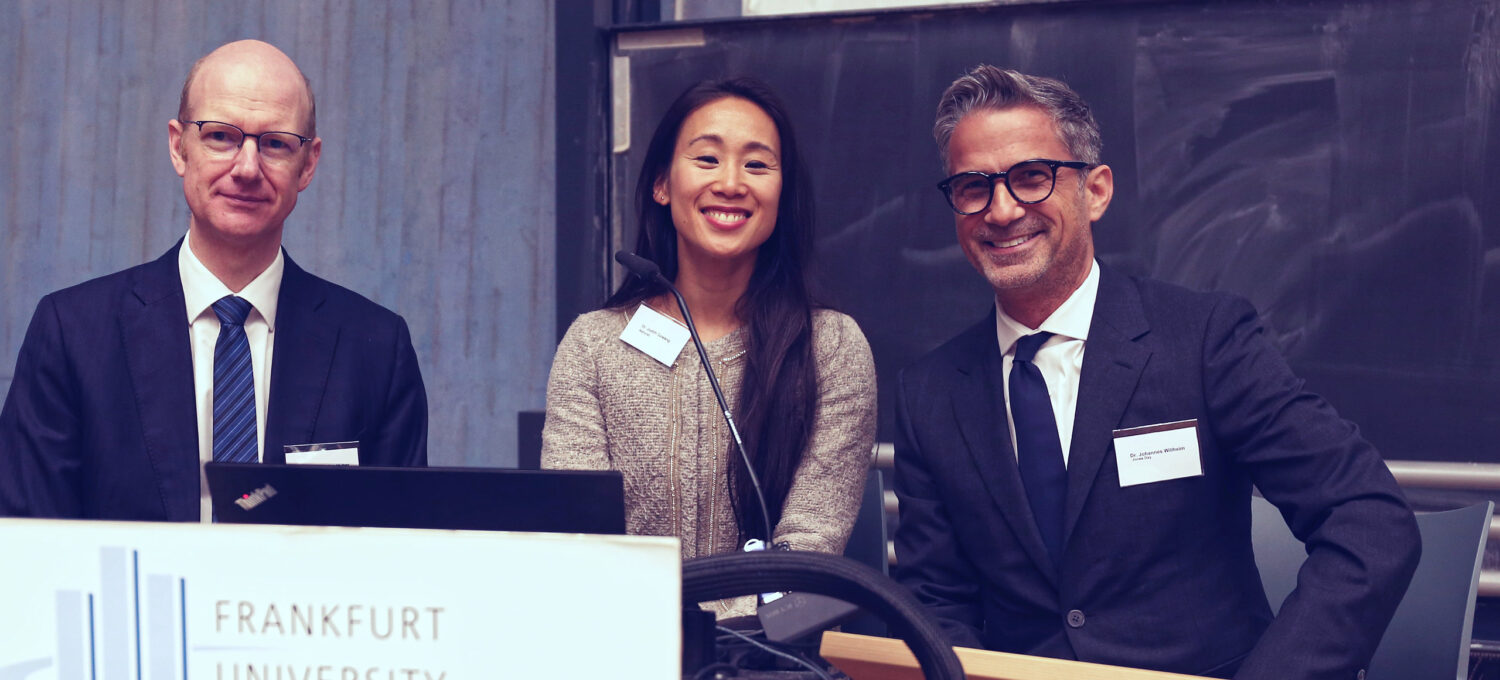On April 28th, I had the opportunity to contribute to a conference on “Will the New International Commercial Courts in Germany Pose Competition to Arbitration?” hosted by the Frankfurt University of Applied Sciences.
The discussion was vivid and the German initiative to establish International commercial courts was mostly welcomed by the presenters and the audience.
Personally, I concur that the initiative is timely and provides great opportunities for Germany as jurisdictional seat and any other jurisdictions offering comparable courts.
With what I struggle, however, is the general approach to this endeavor which also inspired the title of the conference. To me, it is not an “either or” but rather an “and”. In other words, the goal should be to complement arbitration as dispute resolution mechanism rather than to compete with it. This should, in my opinion, also be the focus in developing implementation strategies.
Put more bluntly, just copying features of arbitration will not do the trick. A focus on 1. the users and their needs and 2. the strengths and benefits of courts will do.
Clearly, irrespective of procedural features German international commercial courts will attract only specific users. Identifying them and inquiring about their needs will provide the proper foundation for designing procedural features which will best cater to these needs. Some may be inspired by arbitration others not.
Comparison bears the danger of focusing on own shortcomings rather than identifying ones own strengths. Courts have many strengths, such as means to secure the independence of judges, a review process, the general ability to create a body of case law with prejudicial effects of varying degree and more foreseeable overall costs.
All of these strengths may be relevant for specific cases. In others they may be outweighed by the strengths of arbitration such as the ability of the parties to be more in control who will decide their cases, the one-stop-shop approach, the more extensive ways to present one’s case.
As with every service offering, the clearer the target group is defined and its needs identified and the more the service offering is taylored to them, the better it can be marketed and the promise be delivered.
Effective dispute resolution professionals understand the features of different methods and processes and will advise and guide users to whatever will be in their interest to manage and resolve a specific case.
I am looking forward to what the new international commercial courts in Germany will offer and will certainly advise to use them whenever suited.
A major thank you to Prof. Olaf Meyer, who invited me and who organized this great event, to my co-panelists Judith Sawang (Ashurst) and Prof. Stefan Huber (Universität Tuebingen) as well as to Markus Burianski (White&Case) and all other speakers.
